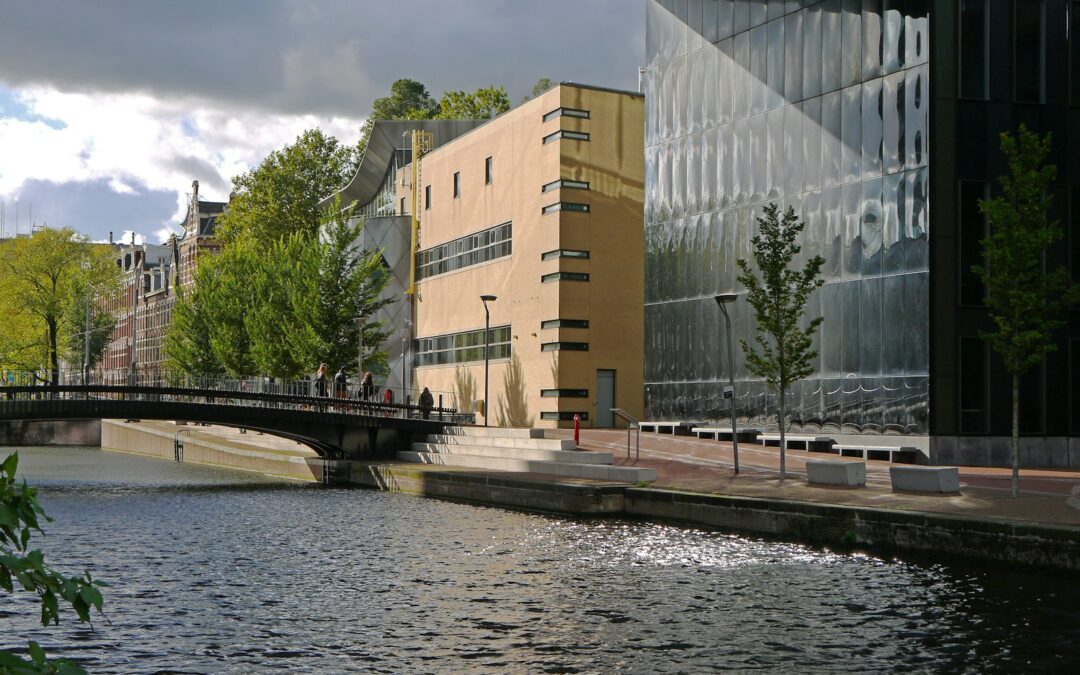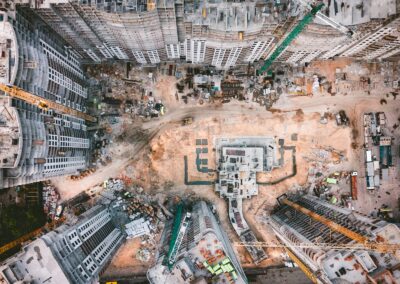The Impact of Collaborative Efforts on Urban Sustainability
Transforming Urban Landscapes through Public-Private Partnerships
Public-Private Partnerships (PPPs) play a pivotal role in promoting sustainable urban design and development, particularly in dynamic regions such as Saudi Arabia and the UAE. The collaboration between governmental bodies and private enterprises brings together the strengths and resources of both sectors, facilitating the execution of large-scale urban projects that prioritize sustainability. In cities like Riyadh and Dubai, PPPs have become essential in driving innovative solutions to urban challenges, enhancing infrastructure, and improving the quality of life for residents. By leveraging the expertise of private companies and the regulatory support of public institutions, these partnerships ensure that urban development projects are both economically viable and environmentally sustainable.
The strategic use of PPPs in urban design can lead to significant advancements in resource management and sustainability. For instance, AI and Blockchain technologies, when integrated through PPPs, can optimize urban services such as waste management, energy distribution, and water conservation. AI-driven systems can analyze data to predict and manage urban resource needs efficiently, while Blockchain ensures transparency and security in transactions and resource allocation. This synergy between technology and collaborative governance paves the way for smarter, more resilient cities.
Moreover, PPPs provide a platform for innovation and investment, attracting global investors and fostering economic growth. The involvement of private enterprises in public projects brings in cutting-edge technology and innovative practices, which are crucial for sustainable urban development. In Saudi Arabia, the Vision 2030 initiative highlights the importance of PPPs in achieving national development goals, emphasizing the role of private sector investment in transforming urban infrastructure. Similarly, Dubai’s Smart City initiative relies heavily on PPPs to implement smart technologies across the city, enhancing its reputation as a global leader in sustainable urban development.
The Role of Technology in Enhancing Public-Private Partnerships
Technology is a cornerstone of effective Public-Private Partnerships in sustainable urban design. The integration of AI, Blockchain, and the Metaverse into urban planning processes is revolutionizing how cities are designed, built, and managed. These technologies provide powerful tools for real-time monitoring, data analysis, and virtual simulation, enabling more efficient and sustainable urban development. For example, AI can optimize traffic management systems, reducing congestion and emissions, while Blockchain can create transparent and secure systems for managing public resources.
The Metaverse, a virtual reality space where users can interact with a computer-generated environment, offers unprecedented opportunities for urban planning and design. Through the Metaverse, city planners, architects, and stakeholders can create and interact with 3D models of urban projects, facilitating better decision-making and community engagement. This technology allows for the visualization of proposed developments, enabling stakeholders to assess the potential impact on sustainability and resource management before implementation. In Dubai, the use of the Metaverse is already being explored to enhance urban planning processes and ensure that new developments meet sustainability goals.
Generative AI further complements these efforts by providing automated design solutions that consider sustainability criteria. This technology can generate multiple design options based on predefined parameters, allowing planners to select the most efficient and sustainable solutions. The integration of Generative AI in urban planning not only accelerates the design process but also ensures that sustainability is a core consideration from the outset. In Riyadh, the adoption of such advanced technologies is aligned with the city’s Vision 2030 goals, promoting a sustainable and innovative approach to urban development.
In conclusion, Public-Private Partnerships are instrumental in promoting sustainable urban design and development. Through the strategic integration of technology and effective leadership, these partnerships can drive innovation, optimize resource management, and create resilient urban environments. In Saudi Arabia and the UAE, the successful implementation of PPPs in cities like Riyadh and Dubai serves as a model for sustainable urban development worldwide. For business executives, mid-level managers, and entrepreneurs, understanding the dynamics of PPPs and leveraging the latest technologies is essential for driving sustainable growth and achieving long-term success in urban development.
#PublicPrivatePartnerships #SustainableUrbanDesign #UrbanDevelopment #SaudiArabia #UAE #Riyadh #Dubai #AI #Blockchain #TheMetaverse #ExecutiveCoaching #EffectiveCommunication #BusinessSuccess #ManagementConsulting #LeadershipSkills #ProjectManagement























